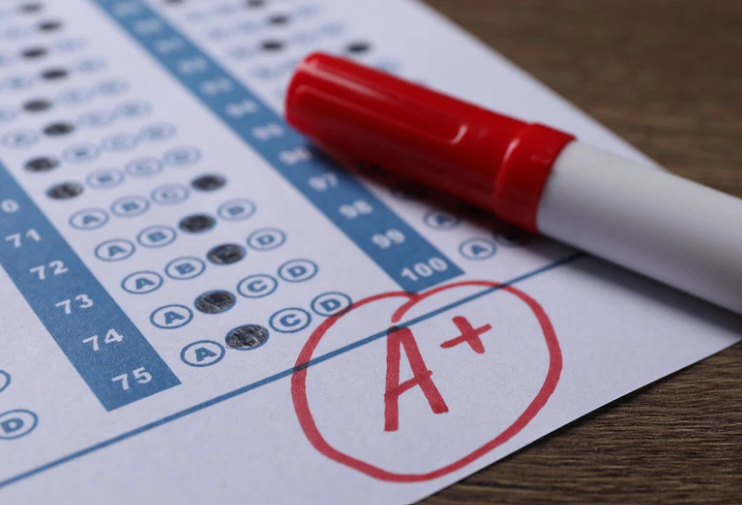As we near the end of the second semester, many freshmen have struggled to adjust to high school’s highly demanding atmosphere. “This isn’t middle school anymore,” is a quote students hear all too often. This new environment brings more people, stress, and uncertainty for already nervous freshmen. So how exactly should one deal with these issues?
To start, there are various factors that differentiate middle school from high school. One notable difference is the increase in workload. In middle school, there was little to no homework given out, and they often didn’t hold much weight. In high school, however, the homework-load is increased and becomes more burdensome as many students start to participate in more time-consuming extracurriculars. Harder courses mean that completing the formatives and extra practices given sometime become necessary. Briar Woods counselor Kimberly Pond explains that, “High school honors aren’t like middle school honors. It’s far more rigorous,” a fact that many freshmen haven’t accepted.
When asked how they’ve dealt with this change, freshman Molly Sharifi said, “I’ve had to sacrifice a lot of my free time.” Continuously being unable to relax or unwind can lead many feeling overwhelmed and burnt out.
Much like assignments outside of the classroom, the work given in class has shifted in difficulty as well. Many freshmen have observed that tests are more challenging, and no longer as straightforward as middle school exams.
According to freshman Hrithick Sitharaman, “Middle school tests were straight from the study guide, I could get A’s without studying. Now, I could study for days and end up with a bad grade.”
To add on to this, Sharifi mentioned that, “Everything counts in high school. Failing wasn’t a big deal in 8th grade, things could get expunged, and in the grand scheme of things, it didn’t matter. But everything you do now counts towards your transcript and future and that’s scary.”
Adjusting to these changes can be difficult, and many students have suffered a drop in their grades and confidence. To help ease the stress, Pond advises students to reach out and tap into the resources available. “[The unified mental health team] are constantly looking for ways to help students, whether that’s through a math resource center, helping you find a tutor, or even just giving you a space to decompress when you’re overwhelmed.”
Pond also stresses the importance of communication. Many students struggle with admitting the fact that they’re struggling, but Pond mentions that, “The more teachers are aware of, the more latitude they have to help you.” Starting a conversation with a teacher, while scary, is a key step to moving forward. Lastly, Pond mentions that it’s okay to not constantly get A’s, though it may seem like the end all be all for many.
At the end of the day, someone’s success isn’t entirely dependent on their report card. While the start of high school may seem challenging, this transitional period is an opportunity for personal growth, resilience, and the development of crucial skills needed for the years ahead. Keep going!

































